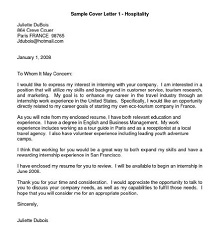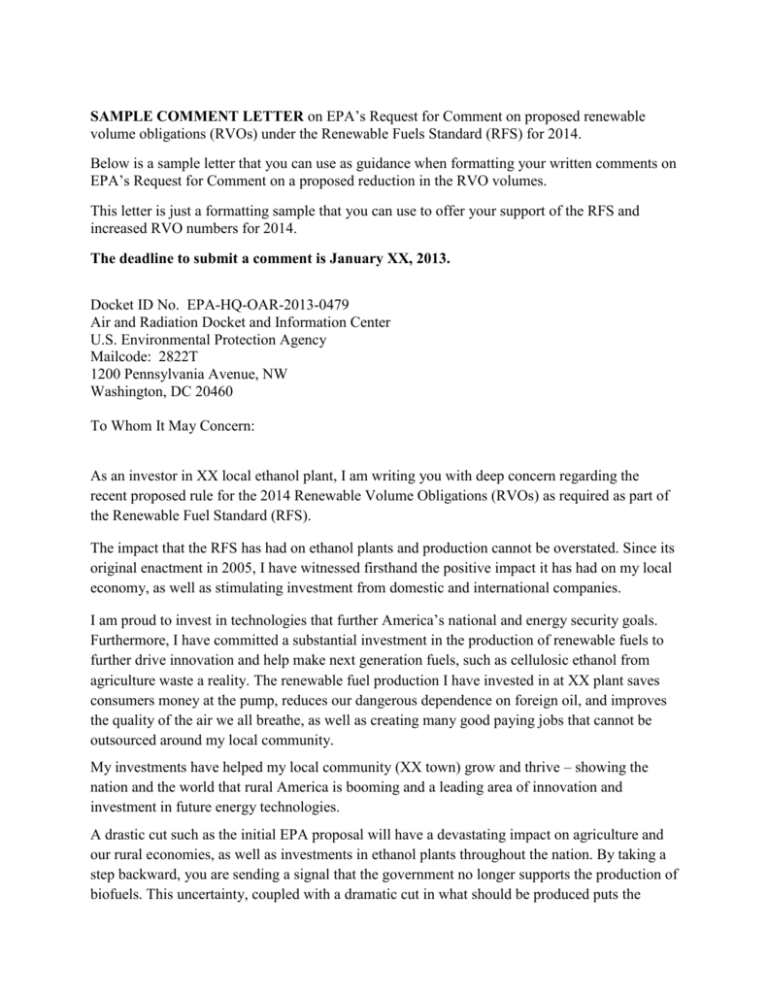

- DO YOU CAPITALIZE TO WHOM IT MAY CONCERN MANUAL
- DO YOU CAPITALIZE TO WHOM IT MAY CONCERN PROFESSIONAL
A lowercase title does not indicate disrespect it simply follows The Chicago Manual of Style.Ĭapitalize academic titles when they follow names in a list, such as a donor list, unless the list is part of running text, in which case the above rule applies. However, generic titles that do not include a proper noun are lowercase, such as Bob Smith, dean of libraries or dean of libraries Bob Smith. Krug, dean and professor of law of Chicago-Kent College of Law. Lowercase when the title follows the name, e.g., President Emeritus John Anderson-John Anderson, president emeritus of Illinois Institute of Technology Dean and Professor of Law Anita K. academic titlesĬapitalize and spell out formal titles such as professor or dean when they precede a name.
DO YOU CAPITALIZE TO WHOM IT MAY CONCERN PROFESSIONAL
Degrees in the Professional Science Master's program are indicated by M.A.S., such as M.A.S. Abbreviations are offset with periods, e.g., M.B.A., M.S., Ph.D., M.Des., etc. Use an apostrophe in bachelor’s degree, master’s thesis, or the like. Do not capitalize general categories of degrees, e.g., master’s degree or doctorate.

academic degreesĬapitalize formal names of degrees, such as Master of Science in Chemical Engineering. Refrain from including abbreviations in parentheses in headlines. Acronyms and initialisms are subsets of abbreviations used in Illinois Tech's publications are either acronyms-f ormed from the first letters of the name of an organization or thing and pronounced as a word (NASA) -and initialisms -formed from the first letters of the name of an organization or thing and pronounced as letters (FBI). A–C abbreviationsĪn abbreviation is the shortened form of a word that may or may not be followed by a period, e.g., vol., etc., Ms., Ph.D. Numbersįor treatment of numbers, including 2D and 3D, see the numerals entry. An additional list of tips, tools, and guidelines for terms and usages pertaining to diversity is available in the Disability Language Style Guide from the National Center on Disability and Journalism. The Diversity Style Guide, produced in partnership with the Society of Professional Journalists, also includes an extensive list of style and media reference guides. The Chicago Manual of Style(University of Chicago) The Associated Press Stylebook and Libel Manual Last updated: October 2021 Supplementary Resources and Authorities For questions about editorial style at Illinois Tech, contact the Office of Marketing and Communications. Items in the Illinois Tech Editorial Style Guide are arranged alphabetically. White.įor spelling, rely on any major dictionary and your computer’s spelling and grammar checker. Recommended resources for the study of correct usage include The Chicago Manual of Style (University of Chicago) and The Elements of Style by William Strunk Jr. The Illinois Tech Editorial Style Guide is by no means a complete list of all editorial style rules, but rather a compilation of common issues that arise as well as Illinois Tech preferences. The guidelines stem from three main sources: (1) The Chicago Manual of Style (2) The Associated Press Style Book and (3) Illinois Tech practices, preferences, and conventions. What is the preferred term? Which words do we capitalize? What conventions should we follow? This guide takes the guesswork out of writing according to Illinois Tech standards. The Illinois Tech Editorial Style Guide exists to help everyone at Illinois Institute of Technology who writes or edits copy.


 0 kommentar(er)
0 kommentar(er)
